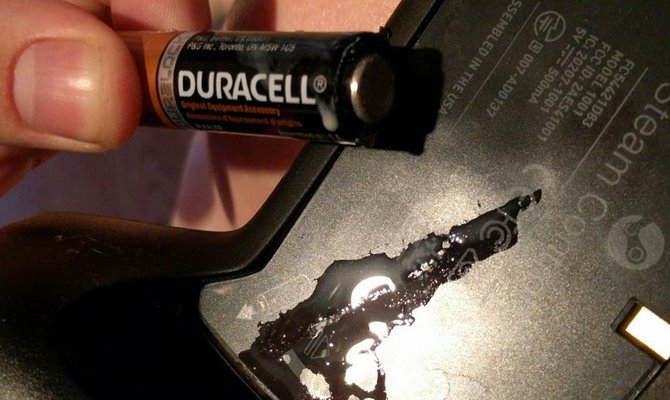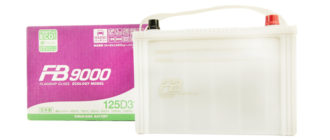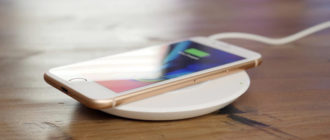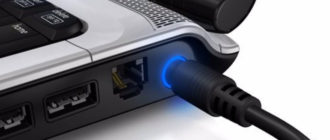The consequences of a leaking battery can end very sadly for the electronic device in which the power source was installed. To prevent the occurrence of such a situation, it is necessary to understand the reasons why this happens and be able to stop such situations in time.
Content
How oxidation looks and happens
Oxidation occurs rather slowly, but from the very beginning of this process, a leaked element can damage an electronic device with a conductive liquid. Given the fact that batteries can be used in expensive devices, for example:
- BIOS of the computer;
- cameras;
- joysticks for xbox.
It is necessary to establish as early as possible the fact of a failed battery. You should also study the main causes of battery leakage and the formation of plaque on the contacts, so that when using the device try to prevent such malfunctions.
Why do batteries oxidize and leak?
The service life of conventional batteries is not too long, so if the device, with the batteries installed, is not used for a long time, then the metal cylinder will corrode and the electrolyte will freely flow through the through holes. The pathological process can be significantly accelerated if the batteries are stored in a humid room.
Cases of depressurization of batteries as a result of overheating are frequent. A critical temperature increase can occur as a result of a short circuit or when trying to charge the battery from the AC adapter.
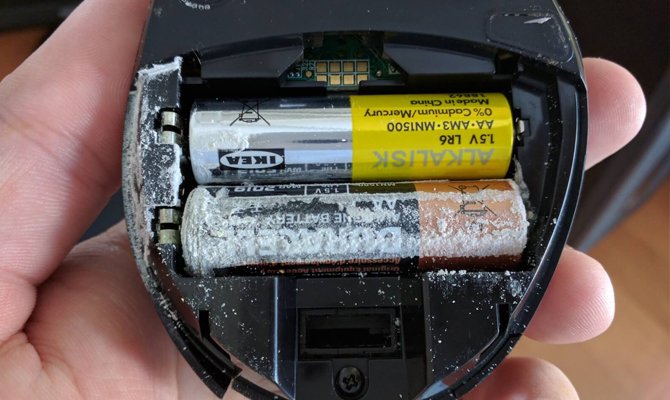
You cannot use batteries from different manufacturers and especially from different technologies at the same time, since their voltage and the capacitance and level of charge may differ slightly. It is best to use power supplies from one set.
White plaque on the battery is formed as a result of a chemical reaction. As a rule, zinc salt is accumulated in this way, which does not pose a great threat to health, but the surface conductivity is significantly reduced.
Which batteries are most affected
Different batteries are subject to oxidation differently. Next, it will be considered in what cases salt, alkaline and lithium batteries are oxidized.
Saline
Salt batteries most susceptible to oxidation. Especially often leak cheap products, as well as elements that are installed in powerful electrical appliances. There are frequent cases of damage to batteries with varying degrees of charge connected in series.
Oxidation of salt elements is almost always accompanied by leakage of a significant amount of electrolyte, which can lead to failure of the electronic device.
Alkaline (alkaline)
Alkaline batteries are very rarely oxidized. It is guaranteed to get an oxide layer on the contacts of such elements only if you leave the device turned off for a long time or place the device in a damp room.
Factory defects can also cause an early battery failure as a result of an oxidative reaction. It is worth adding that alkaline batteries do not flow, since the alkali begins to react with carbon dioxide in the air and turns into insoluble carbonates.
Lithium
Lithium batteries least susceptible to oxidation, but if electrolyte leaks from such a product, the printed circuit board of the electronic device can be substantially damaged as a result of the action of a chemically active compound.
The fact is that lithium is a very active and dangerous substance, when it interacts with air, it can explode, and in itself such a substance is very toxic. Therefore, power sources based on it are sealed very high quality.
In which devices oxidation occurs most often
Oxidation always proceeds more intensively at high humidity, so if you need to operate the device in such conditions, you should change batteries more often, especially salt type.
Most often, the oxidation of batteries is observed in the following devices:
- Remote controls.
- Trinket alarm.
- Children's toys.
- Computer keyboard and mouse.
- Photographic flashes.
- Flashlights.
- Hours.
Similar problems can also be observed in the battery socket of geysers, if the cell has not changed for a long time.
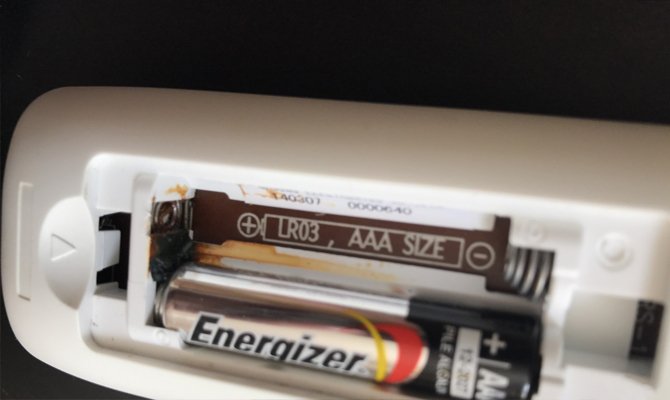
With significant load, the batteries can also leak and oxidize. In this mode of operation, the elements overheat. When the electrolyte boils, there is an increase in pressure inside the body and places damaged by corrosion are completely destroyed.
What is the danger and harm
Explosive depressurization is dangerous to health. As a result of a sharp rupture of the shell, hot electrolyte can get on the skin and in the eyes, thereby causing serious harm. The explosion of a lithium battery may be accompanied by spontaneous combustion, as a result of contact of the electrolyte with oxygen.
For electronic devices, battery oxidation can be just as dangerous. Conductive fluid can get on the circuit board and cause damage to live tracks. If the battery explodes, the electrical appliance can be completely destroyed.
If we consider the level of risk to human health, then the electrolyte in alkaline (alkaline) and salt batteries is non-toxic and in small doses is not dangerous, although of course it is impossible to swallow or drip into the eyes, but nothing will happen if it gets on the skin. Lithium is poisonous, but it will explode at the slightest contact with air.
How to approach the cleaning process
If a battery leak or a white coating is detected on their contacts, it is necessary to properly clean the surface from contamination.
Devices In order to restore the operability of the device with leaking salt batteries, it is enough to use tap water and cotton buds.
To clean the device, it is necessary to remove the batteries, moisten absorbent material and wipe well where there are traces of leaked electrolyte. To clean the surface after depressurizing an alkaline battery, it is recommended to use table vinegar instead of water.
After drying the treated surface, the device will work without any deviations.
Batteries If the batteries begin to flow, then it is better to immediately throw them away, because even after cleaning the surface of the cell, the situation may repeat again. If the contacts of the power source are slightly oxidized, then you can try to clean them with an eraser, zero sandpaper or a wooden match.
The surface of the table or floor. If all the electrolyte had leaked from the battery, then some of the liquid could have reached the surface where the electrical appliance was. To remove the electrolyte in such cases, it is also sufficient to use a cotton swab moistened with water or vinegar.
Precautionary measures
When performing surface cleaning work, hands and eyes should be protected from caustic substances. Gloves and glasses should be used for this purpose.
If the battery flowed in charging, then most likely the cell has become very hot, so before you get the small batteries you need to let them cool by disconnecting the charger from the mains.
The spring in the battery compartment can also be very hot or have sharp edges, which should be considered when cleaning the device.
Have questions or have something to add? Then write to us about it in the comments, this will make the material more complete and accurate.


